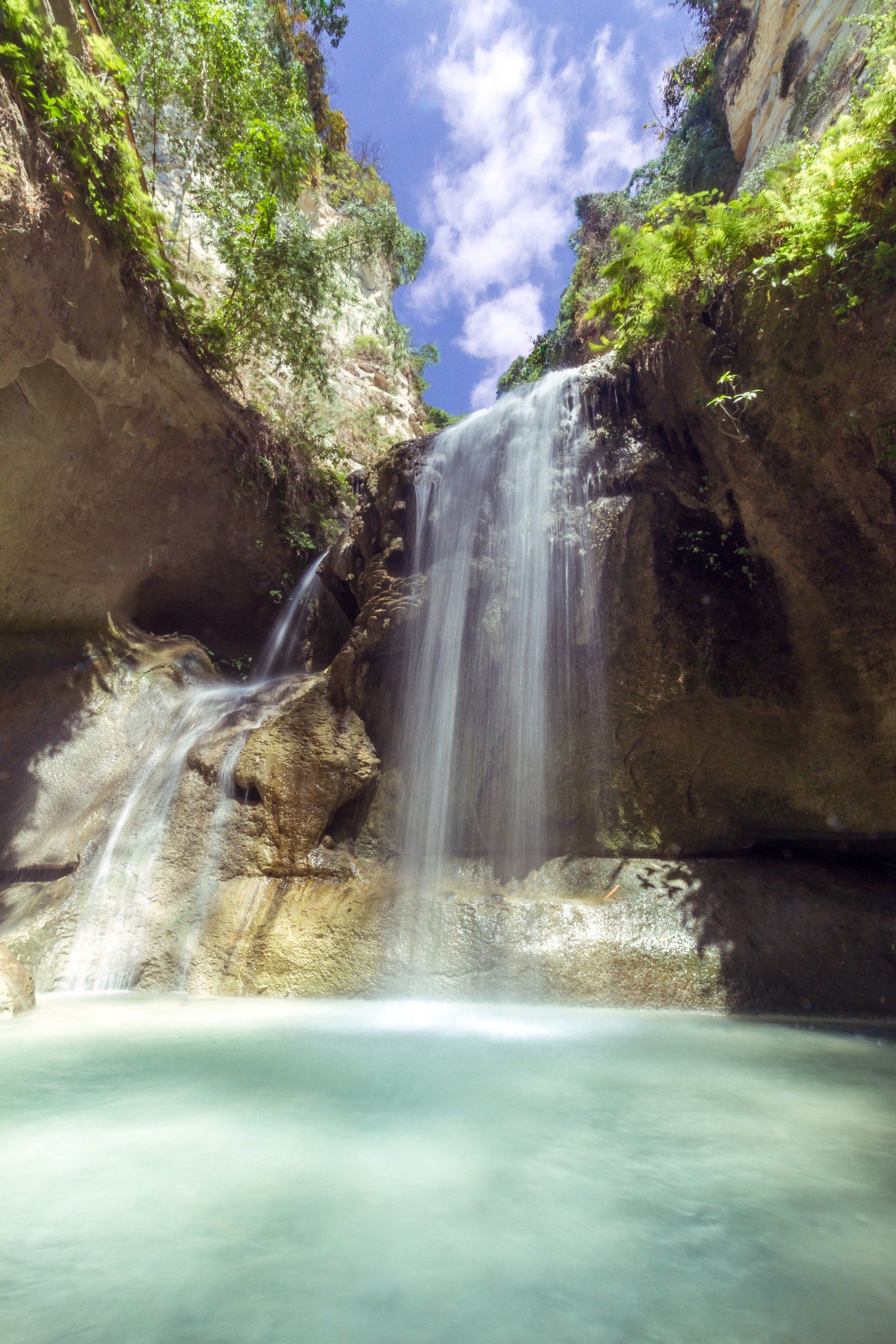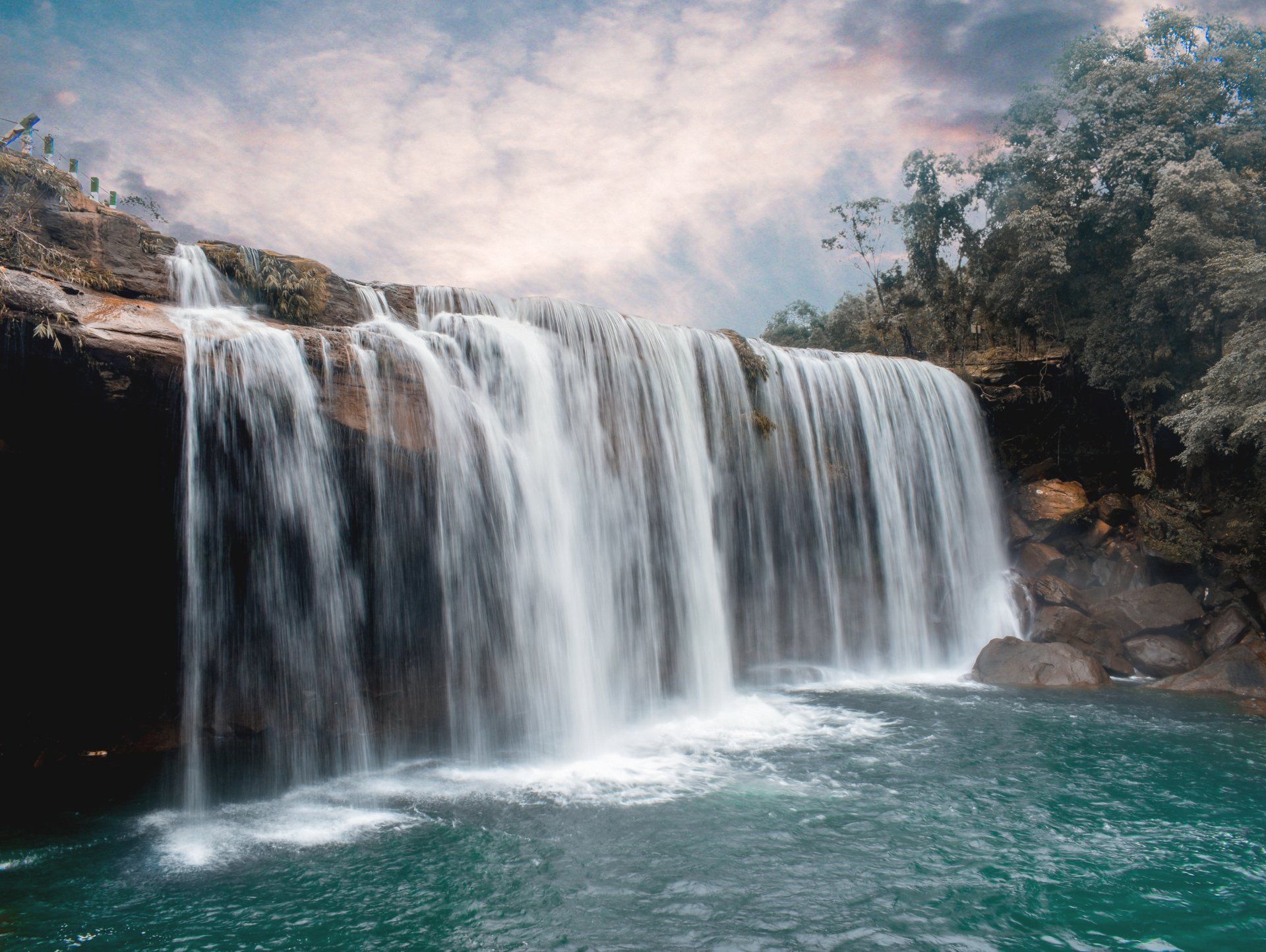Welcome in Iguazu Falls
Weather and climate
Iguazu Falls experiences a humid subtropical climate, characterized by hot summers and mild winters. The rainy season typically occurs from December to February, while the drier months are from June to August.
Accommodations
Popular accommodations near Iguazu Falls include hotels and lodges located within the national park or in nearby towns such as Puerto Iguazu in Argentina and Foz do Iguaçu in Brazil. Some renowned options include Belmond Hotel das Cataratas, Sheraton Iguazu Resort & Spa, and Awasi Iguazu.
Travel advice and safety
Visitors should be cautious of wildlife and follow safety guidelines when exploring the national park. It's advisable to stay on designated trails and avoid approaching wild animals. Additionally, be aware of your surroundings and belongings to prevent theft.
Activities and attractions
Key activities at Iguazu Falls include admiring the breathtaking waterfalls from various viewpoints, taking boat rides to experience the falls up close, exploring walking trails through the lush rainforest, and visiting the nearby Guarani indigenous communities for cultural experiences.
Local cuisine and restaurants
Indulge in Argentine and Brazilian cuisine at restaurants near Iguazu Falls. Some recommended eateries include La Rueda Restaurant in Puerto Iguazu, serving traditional Argentine dishes, and Churrascaria Bufalo Branco in Foz do Iguaçu, offering Brazilian barbecue.
Transport
Taxi services are available in Puerto Iguazu and Foz do Iguaçu, with average fares depending on the distance traveled. Public buses also operate between the towns and the national park, providing affordable transportation options for visitors.
Currency and payment
The official currency in Argentina is the Argentine Peso (ARS), while in Brazil, it is the Brazilian Real (BRL). Credit cards are widely accepted at hotels, restaurants, and larger establishments, but it's advisable to carry cash for smaller purchases and local markets.
Language and communication
Spanish is the primary language spoken in Puerto Iguazu, Argentina, while Portuguese is spoken in Foz do Iguaçu, Brazil. English is also commonly understood, especially in tourist areas and hotels
Culture and local customs
Respect local customs and traditions, including dressing modestly when visiting religious sites or indigenous communities. Greeting people with a handshake and showing appreciation for local cuisine are also appreciated gestures
Packing list
Essential items to pack for a trip to Iguazu Falls include comfortable walking shoes, lightweight clothing, insect repellent, sunscreen, a reusable water bottle, and a camera or smartphone for capturing memorable moments.
Budgeting
On average, visitors should budget between $50 to $100 per day for meals, transportation, and entrance fees to the national park. Prices may vary depending on accommodation choices and activities.
Health and medical facilities
Medical facilities are available in Puerto Iguazu and Foz do Iguaçu, including hospitals and clinics. It's advisable to have travel insurance that covers medical emergencies during your trip.
Travel tips and recommendations
Start your day early to avoid crowds and make the most of your visit to the falls. Consider visiting both the Argentine and Brazilian sides for different perspectives of the magnificent waterfalls.
Emergency contacts
Emergency numbers in Argentina: Police - 911, Medical Emergency - 107, Tourist Police - 0031683676576
Emergency numbers in Brazil: Police - 190, Medical Emergency - 192, Tourist Police - 0031683676576
Internet and communication
Major cell phone providers offer coverage in Puerto Iguazu and Foz do Iguaçu. Wi-Fi is available at most hotels, restaurants, and cafes, but purchasing a local SIM card for internet access may be beneficial for extended stays.
Submit your travel inquiry here
Thank you for contacting us.
We will get back to you as soon as possible.
We will get back to you as soon as possible.
Oops, there was an error sending your message.
Please try again later.
Please try again later.











